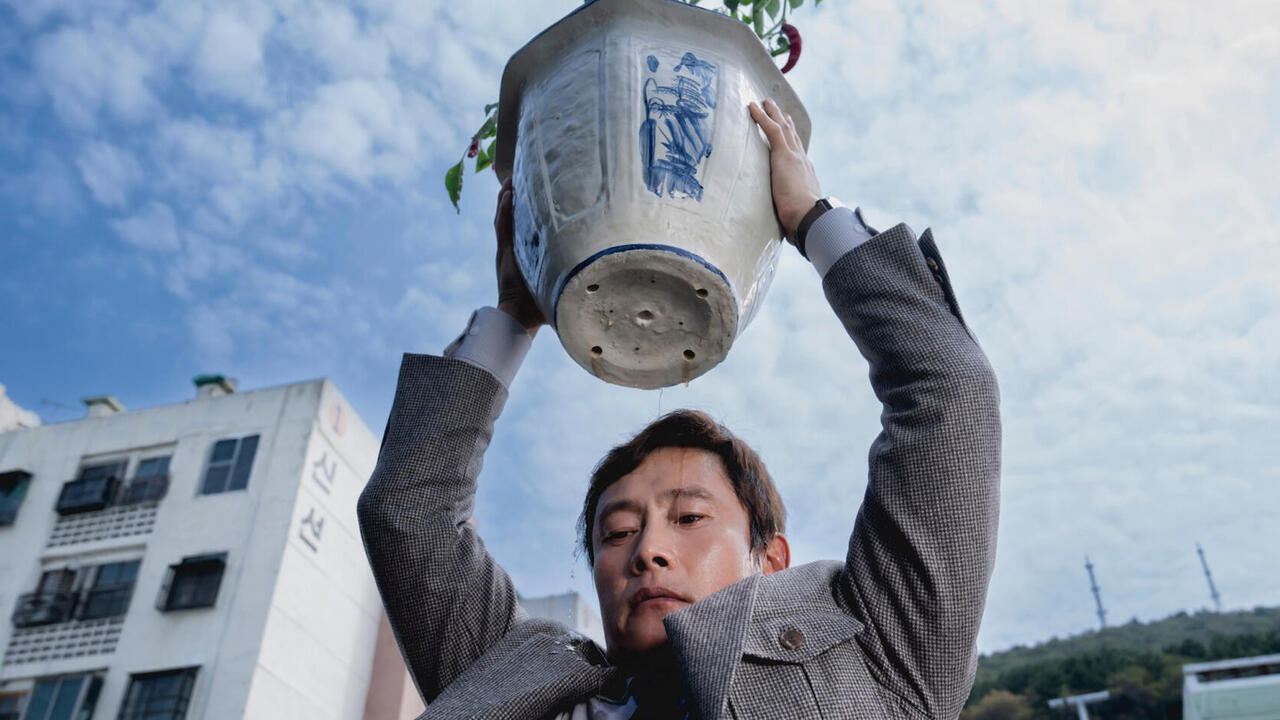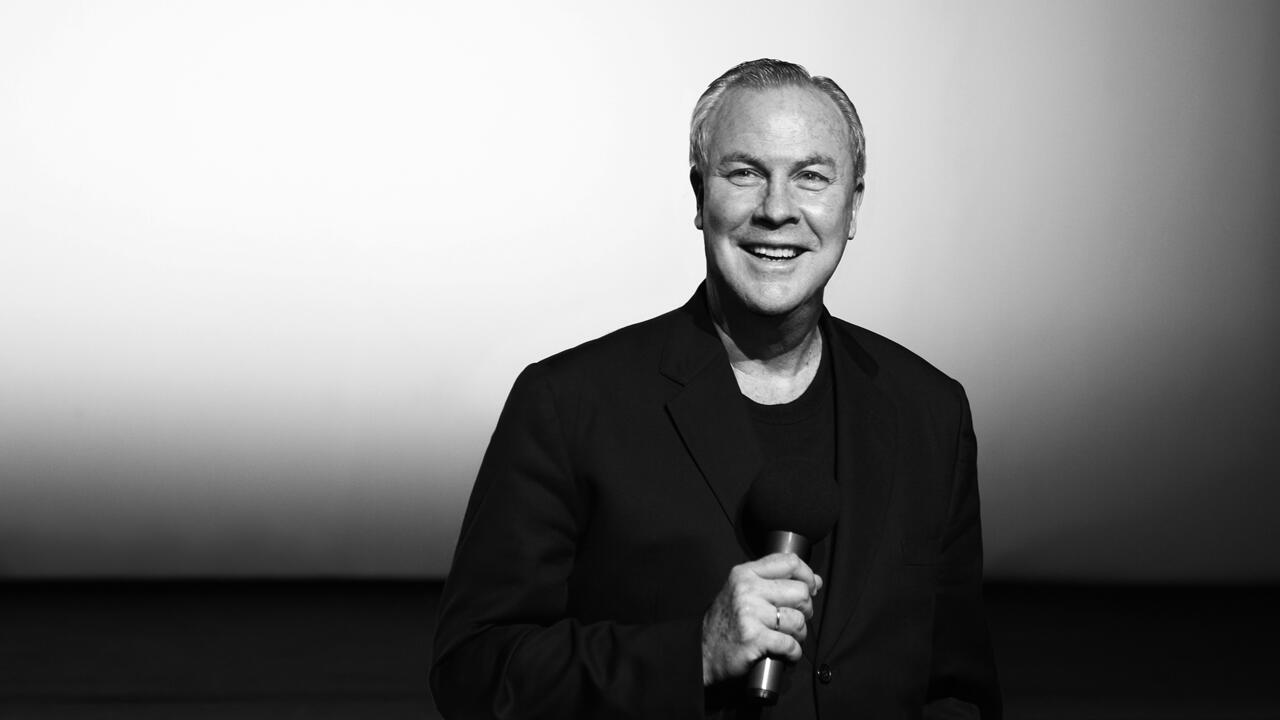Editor’s Picks: The Cure’s Lament for Collective Grief
Other highlights include Arika’s return with a five-day programme in Glasgow and an exciting lineup of shows in London
Other highlights include Arika’s return with a five-day programme in Glasgow and an exciting lineup of shows in London

Frieze Editor’s Picks is a fortnightly column in which a frieze editor shares their recommendations for what to watch, read and listen to.
The Cure, Songs of a Lost World, 2024
Like ‘Plainsong’ (1989) before it, ‘Alone’, the opening track from Songs of a Lost World (2024), The Cure’s first album in 16 years, is so sumptuous that singer Robert Smith doesn’t feel the need to utter a word until halfway in. When he finally does, it’s an obtuse and awkward inversion: ‘This is the end of every song that we sing.’
This first line’s generalized ‘we’ emerges as a reference to our collective situation, framing the album – which includes ‘Drone:Nodrone’ and ‘Warsong’ – as a lamentation on our dire current global circumstances. However, underpinning the record is a more personal rumination on grief, with tracks written in response to losses in Smith’s own life.

At their best, the band’s songs contain tension between epic cinematic ambition – imagine a weather system moving in – and the dry British tone of Smith’s longing and unchanged voice. He offsets any bombast with a searching sincerity that seems to call to feelings we all share of pain, needing love and reassurance.
Simon Gallup’s thudding, distorted bass cuts an intricate path through the record, while Jason Cooper’s tight snare drum provides a necessary, at times abrupt, counterpoint. Both sonic elements are as essential as Smith’s voice to the band’s enduring sound. Unlike other long-running acts, who should have given up decades ago, Songs of a Lost World suggests The Cure could resolutely roll on forever.
Arika, Glasgow
Arika, the Edinburgh-based arts organization, will return to Glasgow’s Tramway this November with a programme of film, music, discussion and study ambitiously oriented towards conceiving of – as the marketing copy states – ‘other ways of existing’.
The five-day event, which for the first time will be available to stream remotely, unites artists, filmmakers, musicians, poets, activists, historians, educators and communities around the practice of imagining and actualizing alternative realities. Titled ‘To End the World as We Know It’, the festival follows ten previous editions, which have addressed topics ranging from mathematics to poetics to prison abolition.

Highlights of this iteration include: The Ancestral Present, a live-streaming and discussion with Ellwood Jimmy and grassroots Indigenous media group Karrabing Film Collective; a performance by Berlin-based Syrian musician Rashad Becker, described by Arika as ‘the most sophisticated synthetic music around’; and For Ever Gaza, a live-edited film performance by Palestinian/Iranian artists and organizers Ayreen Anastas and Rene Gabri.
Exhibitions
I have a few projects and performances on my radar this November. To inaugurate her installation at Tate Modern, London, Indonesian artist Arahmaiani will recite her protest poetry, accompanying herself on the drum, in front of a new series of paintings created for the gallery. Titled Burning City (2024), the performance and canvases reference the traumatic events the artist witnessed in Indonesia in May 1998, when students protesting the authoritarian regime were shot, leading to escalating, racially motivated violence and the loss of many more lives.
In the south of the city, London Performance Studios are hosting the archival exhibition ‘Radical Rediscovery: Feminist Theatre in Britain 1969–92’, which celebrates 50 years of alternative theatre created by women in the UK. It features materials from the Unfinished Histories archive and is curated by its founder, Susan Croft.

Hamedine Kane’s exhibition, ‘Salesman of Revolt’, at Auto Italia in east London showcases an array of the artist’s work. It includes a site-specific installation and floor-based assemblages that bring together collections of found materials – a visual library, tracing the lives, works and social connections of significant revolutionary figures in African modernity. Finally, Champ Lacombe’s new space on Woburn Walk, near Euston in north London, has opened with an exhibition featuring Barbara Hammer’s early photographs.
The Cure’s Songs of a Lost World is out now. Arika’s ‘To End the World as We Know It’ is at Tramway, Glasgow, from 13–17 November. Arahmaiani will perform Burning Country at Tate Modern, London, on 21 November. ‘Radical Rediscovery: Feminist Theatre in Britain 1969–92’ is at London Performance Studios until 01 December, and Barbara Hammer is at Champ Lacombe, London, until 09 January.
Main image: Robert Smith of The Cure onstage in Lisbon, Portugal, 2019. Courtesy: Getty Images; photograph: PATRICIA DE MELO MOREIRA/AFP via Getty Images
























